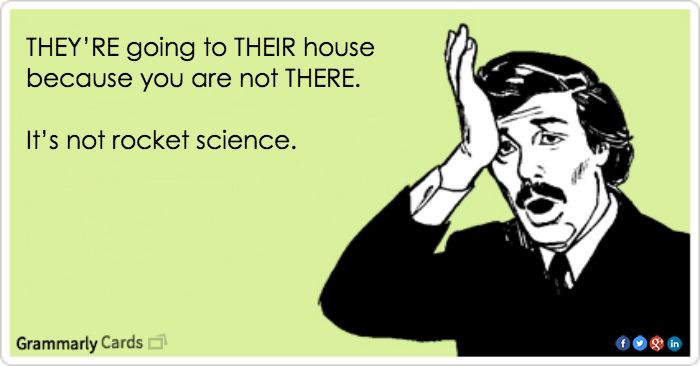
Like it or not, Millennials, or Gen Y if you prefer, get blasted for not knowing how to spell and how to use words correctly.
Your generation is the first to grow up with Spell Check. We got our first family computer when our kids were really young. I refused to install Spell Check—I had that option then.
I was determined that my kids, reared (not raised) by two newspaper editors, were going to know how to spell and have a great vocabulary. Eventually, Microsoft didn’t give me the option of uninstalling Spell Check.
Now we all laugh at how Autocorrect changes our typing when texting on our smart phones.
But no one will be laughing if you use these words incorrectly, particularly at work.
a, an—a is used before words that begin with a consonant sound; an is used before words that begin with a vowel sound
accept, except—accept means “to receive”; except means “other than”
We can accept defeat, except when we play Auburn.
affect, effect—affect is the verb and means “to influence”; effect is usually a noun meaning “the result”; used less often, effect as a verb means “to produce or make happen”
How are the changes likely to affect you? What effect will they have on Bob?
allowed, aloud—allowed means “permitted”; aloud means “in a normal voice”
The teacher allowed John to read the story aloud.
a lot—two words; not “alot”
all right—not alright
bring, take—bring means to move toward the speaker; take means to move away from the speaker
I’ll bring some chicken to the potluck dinner, but you can bet I’ll be sure to take home any leftovers.
by, buy, bye—by means “next to”; buy means “purchase”; bye means “good-bye”
chose, choose—chose is the past tense of choose
He chose his college last year, but he still needs to choose a major.
for, four, fore—for is a preposition meaning “because of” or “directed to”; four is the number; fore means “earlier” or “the front”
hear, here—hear is what your ears do; here is where you are
insure, ensure, assure—you insure property; you ensure something will be done; you assure the child he is safe
it’s its—it’s means “it is”; its is a possessive pronoun*
past, passed—past means “gone by”; passed is the past tense of the verb “to pass”
Incidents occurred in the past; time passed us by.
their, they’re, there—their is a possessive pronoun; they’re is the contraction for “they are”; there denotes a location
to, too, two—to means “in the direction of”; too means “also” or “excessive”; two is the number
unique—unique means something is only one of a kind. There’s no such thing as more unique. You will seldom need to use unique.
your, you’re—your is a possessive pronoun; you’re is the contraction for “you are”
*I always have to think when it comes to it’s and its. This tip helps me. “Its” is possessive, just like “his”—therefore, no apostrophe.
© Pamela A. Scott, 2015
MentorLoft